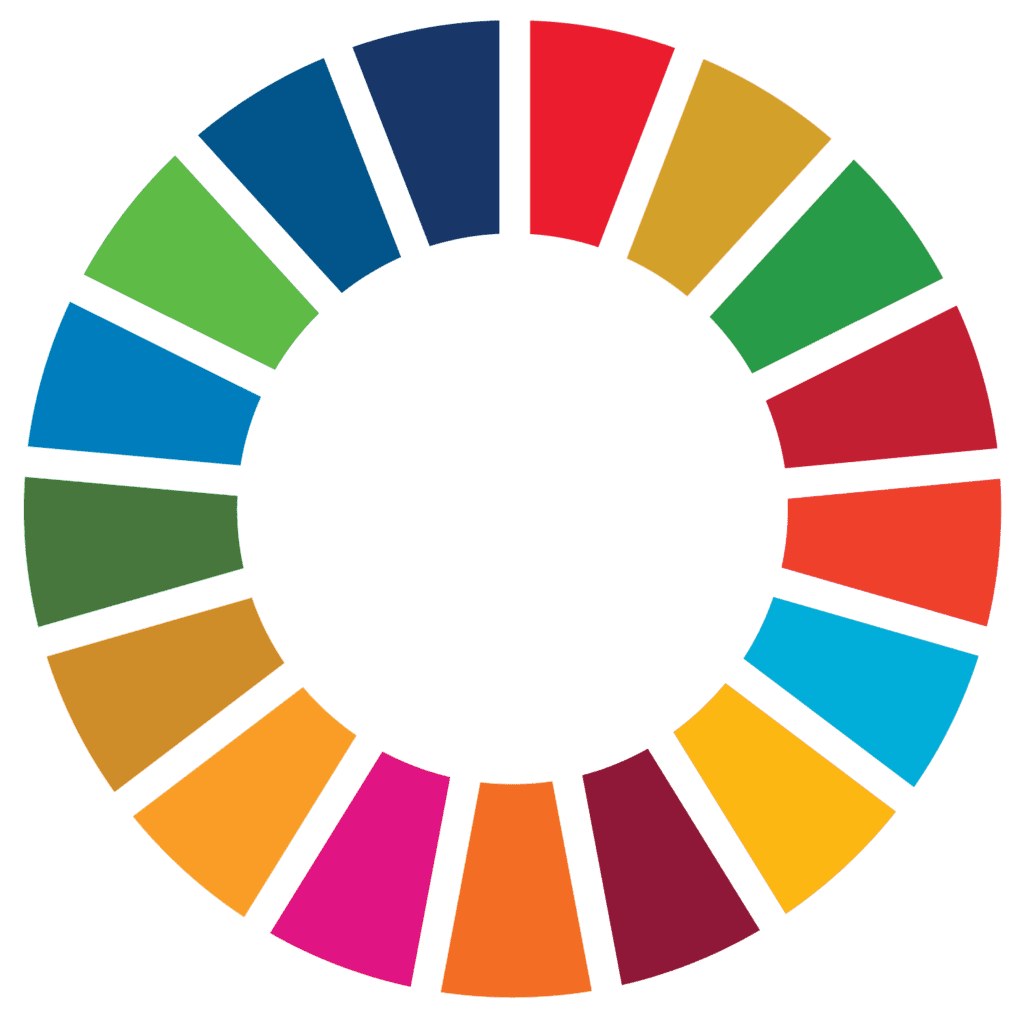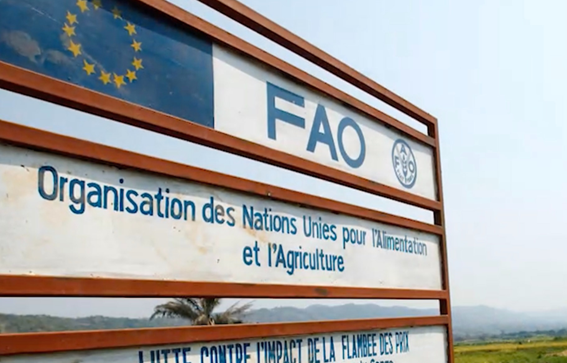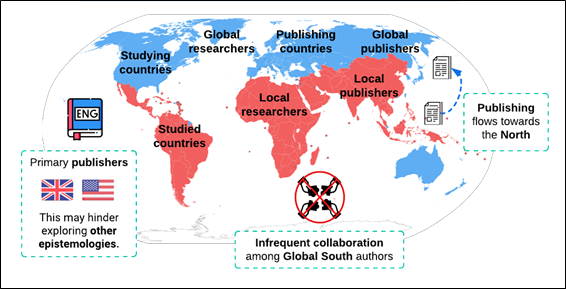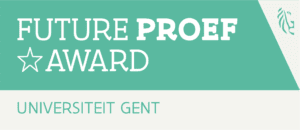Agroecology: an alternative for the much-needed reconnection between humans and nature


In recent decades, several proposals have emerged to tackle the socio-environmental problems resulting from the intensive practice of conventional agriculture. These include climate-smart agriculture, organic farming, and sustainable intensification, among others. However, these approaches do not challenge the fundamental principles of conventional agriculture and are limited to adopting basic social and environmental safeguards. Agroecology, on the other hand—a discipline, movement, and practice that critiques the philosophical foundations of conventional agriculture and stems from different principles—offers a promising and appropriate alternative. It addresses socio-environmental issues at their core by aiming to reconnect humans and nature within the context of agriculture.
Knowledge on agroecology disseminated by the FAO
Since 2014, following several international forums, agroecology has gained such widespread attention that it is now a prominent topic on the global political and academic agenda. This has led the Food and Agriculture Organization (FAO) to establish the Agroecology Knowledge Hub (AKH) to disseminate globally produced knowledge aimed at promoting the advancement and implementation of agroecology. The knowledge shared through the hub is presented in various formats, with scientific articles standing out due to their focus on originality, contribution to knowledge, and thorough documentation.

Image by the FAO
To date, hundreds of scientific articles have been disseminated through the AKH. However, it is often assumed that all of these articles actively promote agroecology. In reality, no significant academic or other efforts have been made to evaluate or verify whether the knowledge in these articles truly contributes to the advancement and, consequently, the purpose of agroecology, which is to reconnect humans and nature in agriculture. This is concerning because there is a risk of misinterpretation or co-optation of agroecology, potentially reducing it to a mere set of technical-economic practices, similar to climate-smart agriculture, organic farming, or sustainable intensification.
Does this knowledge truly promote agroecology?
Using appropriate theoretical and methodological tools, an evaluation was conducted on the knowledge presented in the scientific articles disseminated through FAO’s AKH to determine if it aligns with agroecology's goal of reconnecting humans and nature in agriculture. The findings revealed that much of this knowledge does not fully contribute to agroecology's core purpose, as it is largely based on frameworks that view humans and nature as separate and distinct entities.
This issue may be linked to certain patterns and trends related to the geopolitical distribution and the state of the knowledge shared by FAO. On the one hand, there are asymmetries between Global North and Global South countries in the generation and dissemination of knowledge on agroecology. This reflects a broader pattern of the coloniality of knowledge, where the Global North is seen as the primary source of valid knowledge, with English as the dominant language. This dynamic perpetuates and reinforces the Western Worldview—common to the Global North—which assumes, among other things, a fundamental division between humans and nature. The following figure illustrates the asymmetries between Global North and South countries.

Asymmetries between countries of the Global North and South in knowledge generation and dissemination, picture by Federico Murriel
Furthermore, much of the knowledge disseminated by the FAO is generated from an extractivist logic and a mechanistic view of nature, both of which emerge from an approach that assumes a clear division between humans and nature. The dominance of positivism also hinders the production of knowledge that recognizes humans and nature as interconnected and interdependent agents, as this paradigm treats nature as something external, objective, and entirely knowable by humans. In other words, it fundamentally assumes a human-nature split.
Is all lost? How to generate knowledge that supports agroecology’s purpose?
Not all is lost. However, significant progress is needed to align the generation of knowledge (on agroecology) with agroecology’s purpose. For now, it is crucial that knowledge disseminators, such as FAO, assume an ethical responsibility towards knowledge. This means they should highlight the diversity of perspectives and positions adopted when generating knowledge on agroecology and clarify the implications of each approach. Additionally, it is essential to start questioning the dominant paradigms and theories that influence the current production of knowledge on agroecology. This will encourage knowledge producers, such as universities, to move beyond merely “just doing homework” and to engage in the critical and reflective generation of knowledge. This may sound complex, and indeed it is. But it is essential to foster more responsible—and, above all, less naïve—decision-making in the future.
